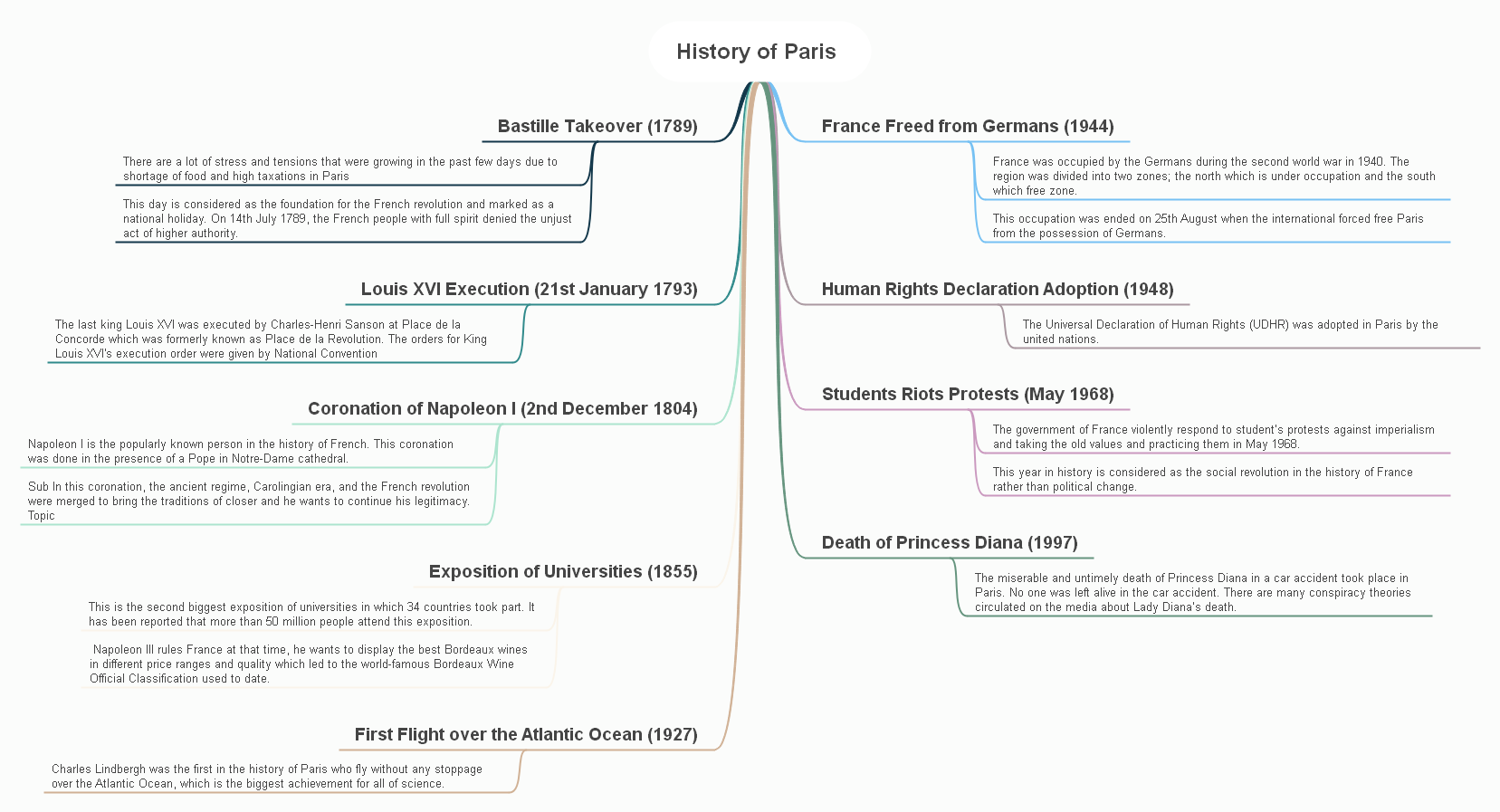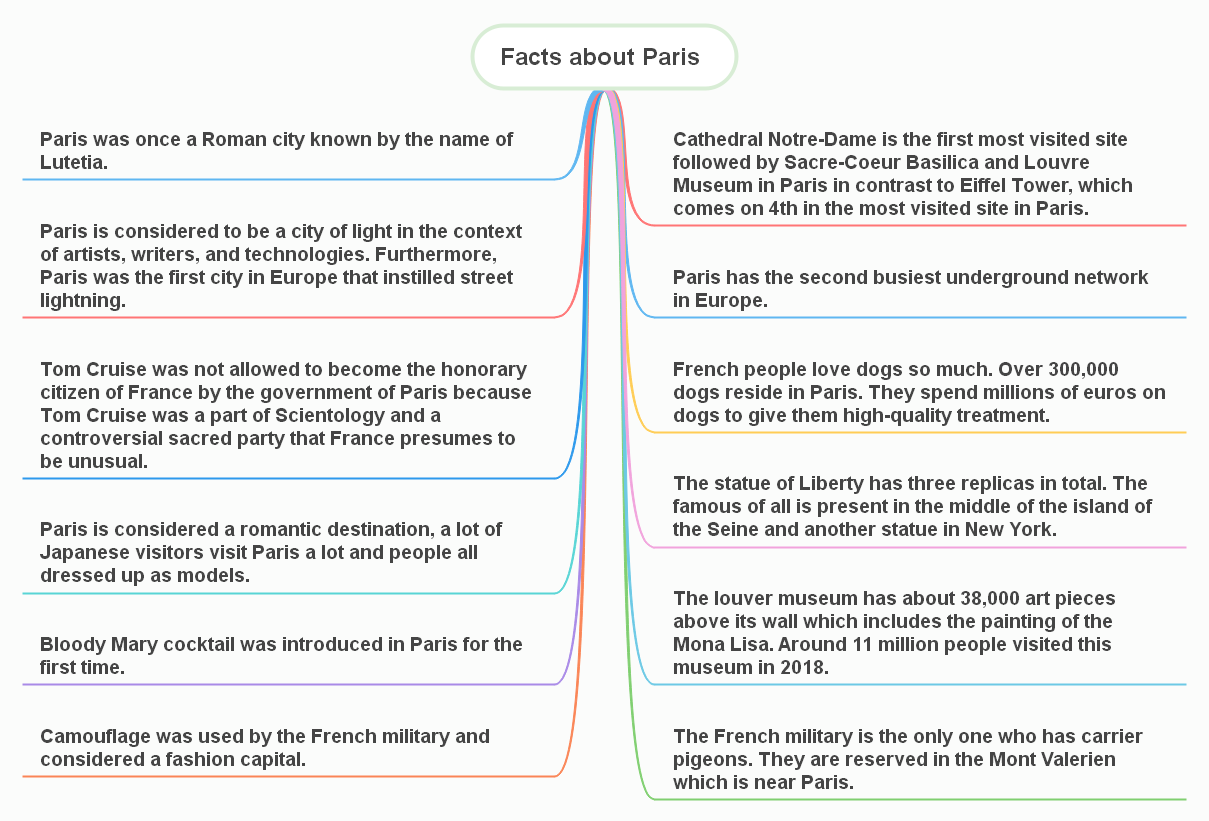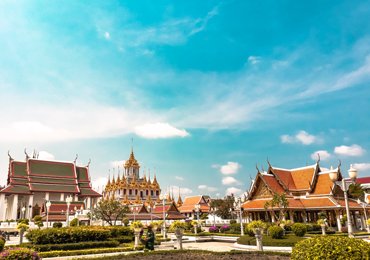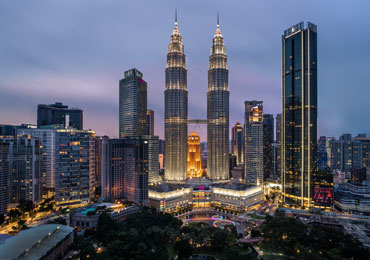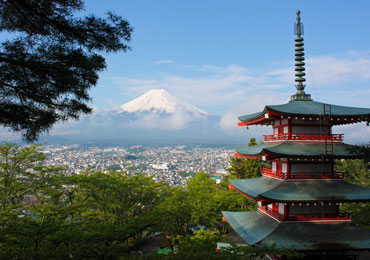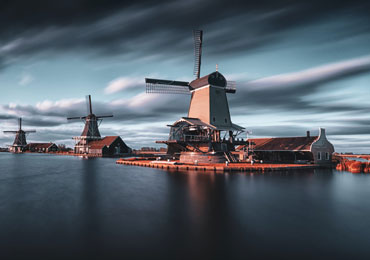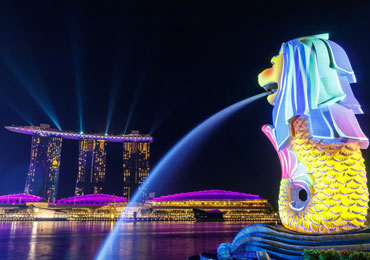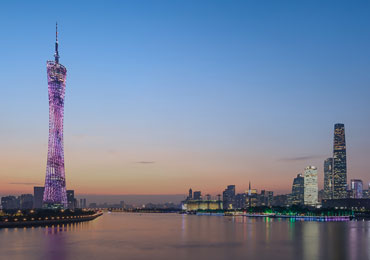History of Paris
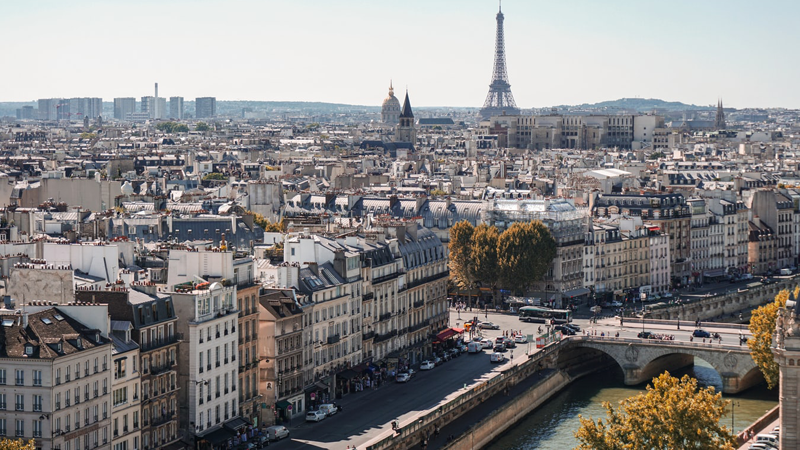
Paris is a world-famous city and is known as the city of light. It is the capital of France and is located on the northern side of France. This city has a beautiful structure. The history of Paris can be seen in its beautiful architecture, museums, churches, and monuments. This place is considered one of the most beautiful cities in the world because of its rich culture and historic buildings. Paris can capture your heart with tasty food. The most visited place in Paris is the Eiffel Tower. But there are other attractions like the Mona Lisa, which can be found in the Louvre Museum.
Most of the economy of France has major connectivity with Paris as this city has 65 percent of the nation's corporate headquarters and banks. There are small businesses in Paris mostly owned by families. Other than that, luxurious items are also manufactured in Paris, which is of high quality. Printing of books and publishing are major things done in central Paris.
This region has the most considerate economy in Europe. Paris has been active in both the economic and political growth of the country. The economy also depends upon various fields which include aerospace, biotechnology, information technology, and much more.
Most Important Historical Events that Occurred in The History of Paris
There are some historical events that occurred and marked the history of Paris forever, some of them are following:
Bastille Takeover (1789)
There are a lot of stress and tensions that were growing in the past few days due to shortage of food and high taxations in Paris. A large number of armed forces tried to take over the Bastille which was a political jail, a fortress, and previously a primitive arms depot.
Almost all the convicts were set free as they were not guilty and were imprisoned unjustly except for 7 prisoners. This day is considered as the foundation for the French revolution and marked as a national holiday. On 14th July 1789, the French people with full spirit denied the unjust acts of higher authority.
Louis XVI Execution (21st January 1793)
The last king, Louis XVI was executed by Charles-Henri Sanson at Place de la Concorde which was formerly known as Place de la Revolution. The orders for King Louis XVI's execution order were given by the National Convention (the first government after the revolution).
Coronation of Napoleon I (2nd December 1804)
Napoleon I is a popularly known person in the history of France. His coronation was done in the presence of the Pope in Notre-Dame cathedral. In this coronation, the ancient regime, Carolingian era, and the French revolution were merged to bring the traditions closer as he wanted to continue his legitimacy.
Exposition of Universities (1855)
This is the second biggest exposition of universities in which 34 countries took part. It has been reported that more than 50 million people attended this exposition.
In this exposition, Napoleon III ruled France at the time, he wanted to display the best Bordeaux wines in different price ranges and quality which led to the world-famous Bordeaux Wine Official Classification used to date.
First Flight over the Atlantic Ocean (1927)
Charles Lindbergh was the first in the history of Paris who flew without any stoppage over the Atlantic Ocean, which is the biggest achievement for French aviation.
France Freed from Germans (1944)
France was occupied by the Germans during World War II in 1940. The region was divided into two zones; the north which is under occupation and the south which free zone. This occupation was ended on 25th August when the international forced free Paris from the possession of Germans.
Human Rights Declaration Adoption (1948)
The Universal Declaration of Human Rights (UDHR) was adopted in Paris by the united nations.
Students Riots Protests (May 1968)
The government of France violently responded to student's protests against imperialism and taking the old values and practicing them in May 1968. Despite every one conflict, president General de Gaulle decided to dissolve the assembly and make reforms for a new election. This year in history is considered as the social revolution in the history of France rather than political change.
Death of Princess Diana (1997)
The miserable and untimely death of Princess Diana in a car accident took place in Paris. There are many conspiracy theories circulated on the media about Lady Diana's death.
Facts About Paris
Here are a few facts about Paris
- Cathedral Notre-Dame is the most visited site followed by Sacre-Coeur Basilica and the Louvre Museum in Paris in contrast to Eiffel Tower, which comes on 4th in the most visited site in Paris.
- Paris has the second busiest underground network in Europe.
- French people love dogs so much. Over 300,000 dogs reside in Paris. They spend millions of euros on dogs to give them high-quality treatment.
- Camouflage was used by the French military and considered a fashion capital.
- Bloody Mary cocktail was introduced in Paris for the first time.
- The French military is the only one who has carrier pigeons. They are reserved in the Mont Valerien which is near Paris
- Paris is considered a romantic destination, a lot of Japanese visitors visit Paris a lot and people all dressed up as models.
- Tom Cruise was not allowed to become an honorary citizen of France by the government of Paris because Tom Cruise was a part of Scientology and a controversial sacred party that France presumes to be unusual.
- The Louvre museum has about 38,000 art pieces above its wall, which includes the painting of the Mona Lisa. Around 11 million people visited this museum in 2018.
- Paris is considered to be a city of lights in the context of artists, writers, and technologies. Furthermore, Paris was the first city in Europe that installed street lighting.
- Paris was once a Roman city known by the name of Lutetia.
- The statue of Liberty has three replicas in total. The most famous of all is present in the middle of the island of the Seine and another statue in New York.
Conclusion
Paris is located in central France and has a long historical event and some facts that we never knew. Paris makes the economy of France and has majority of banks and corporate main offices which has a huge impact on the economy. This city has a major books publishing area as well. The historical events of Paris led to the French revolution and social revolution from the Bastille invasion to student riots by the government of France which changed the way of living of the French people. They have now merged traditions with different cultures and are one of the most desired visiting destinations by the tourist because the rich history and architectural structure of the city make it attractive alongside natural sceneries.
